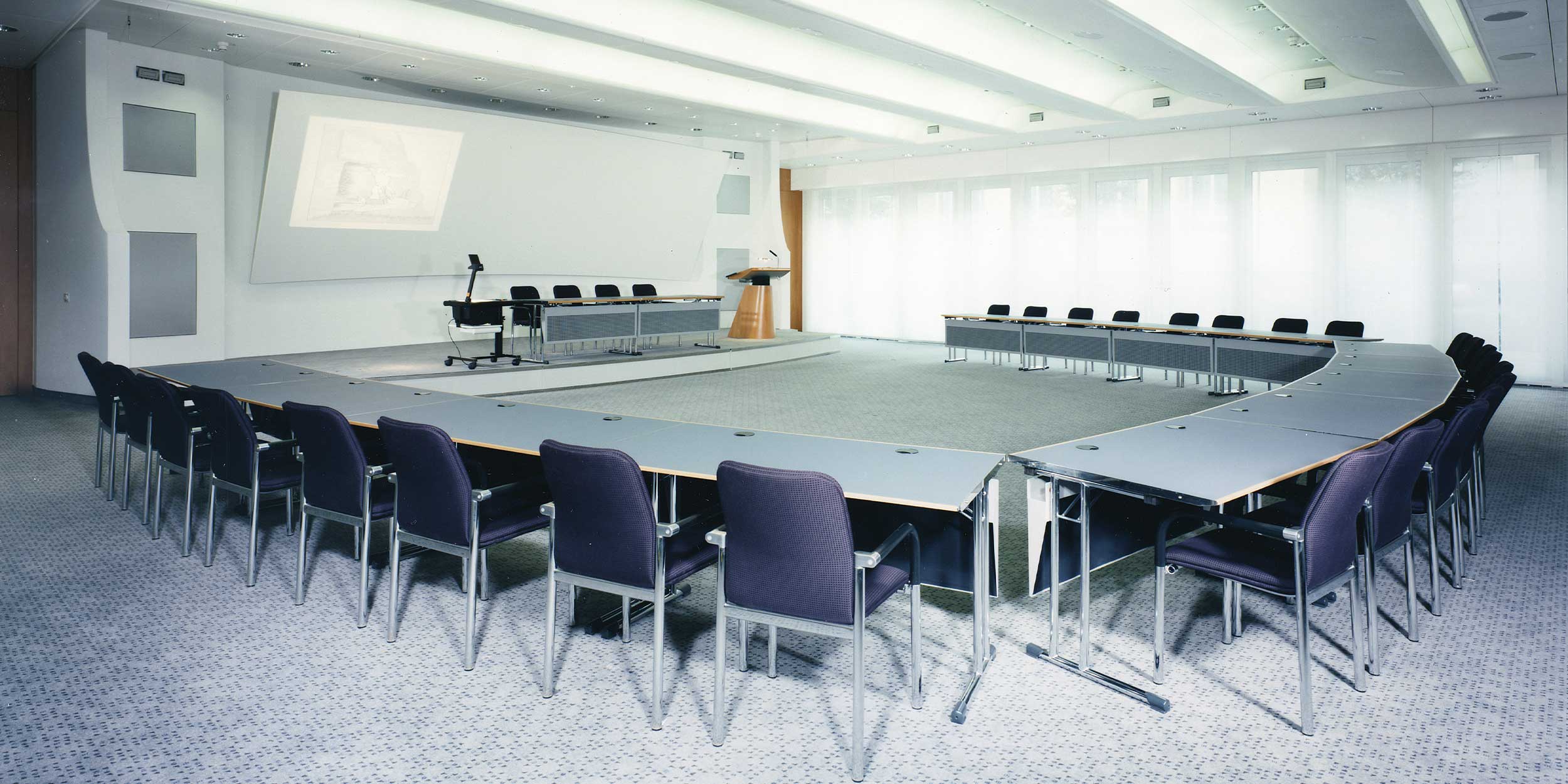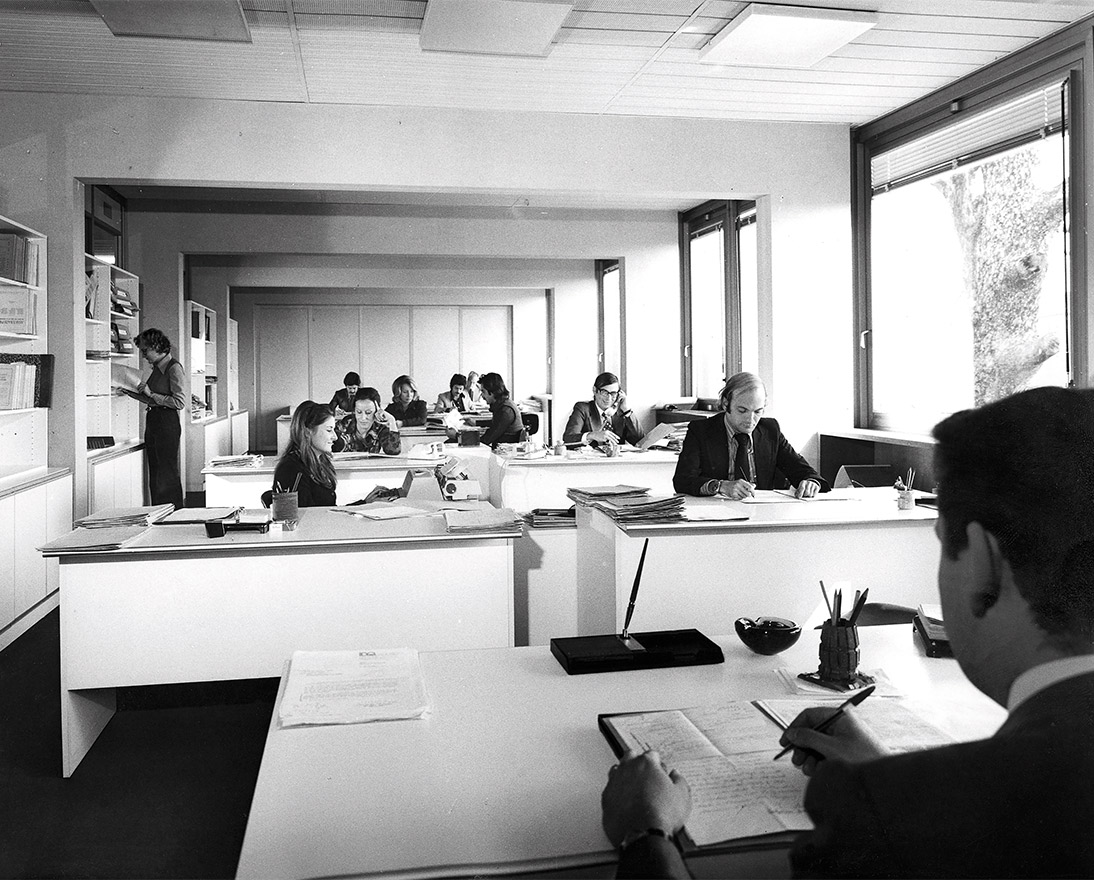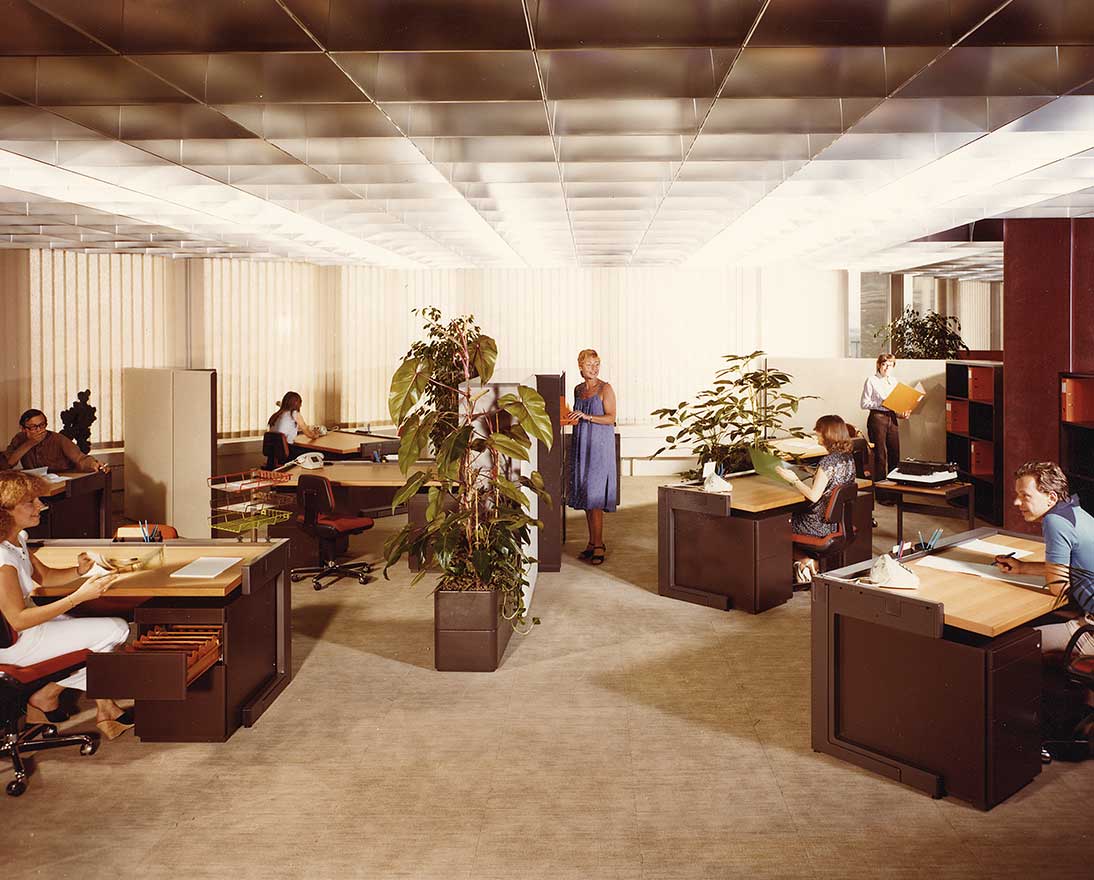Lifers (Part III) The 1990s: The Internet, email and Y2K
PeopleArticleFebruary 17, 2023
What has it been like to work at Zurich for over 40 years? We asked our longest-serving employees around the world how they’ve seen the company culture evolve over the decades.
In 1990, the ‘typing pool’ was disbanded in Paul Croghan’s Dublin office. Up until then, his colleagues never had to type their own letters; they would write them out longhand and give them to a full-time typist. That was over now. Everyone had to type their own letters themselves on computers while the typists were re-allocated within the company. “That was a big change,” he says.
In fact, a lot was changing. When Paul started back in 1981, he relied heavily on the telex machine. “That was how we did business,” he says. “It was my lifeline with the rest of the world.” So much so that he continually had ‘I Don’t Like Mondays’ – The Boomtown Rats hit from a couple of years before – in his head. The song references the once-essential office tool and the lyrics spoke to him.
Gone, too, were the other stone-age tools, such as the punch-card machines and the mainframe computers Anita used in the headquarters. Even in the 1980s, she remembers, “you couldn’t even make a phone call to another canton, you had to ask the switchboard operator for a line. When eventually, we could call anywhere within the country, we were like, ‘Wow, we can call anywhere in Switzerland now.’”
“That’s one of the things that I have to say about my 40 years here,” Paul says. “The technological developments have made the biggest change to the way life was on day one. Just the fact that we’re talking here today on Teams couldn’t have been dreamt of in 1981.”
Tech changes
There’s a photo from 1992 of Antonio Bico, who at this point worked his way up to upper management in the Lisbon office, making a presentation with – gasp! – an overhead projector. Antonio had also worked in Zurich’s Mythenquai office and spent a period of time in Munich studying engineering lines insurance. So he’d been involved in plenty of presentations. “We used those a lot,” he says, laughing. “They seem so far away from us now, but they aren’t really. It’s not so long ago. I remember blackboards in conference rooms. So the acceleration of technology has been impressive.”
And it really ramped up in the 1990s. By the early part of the decade, along with ripped jeans and denim shorts, desktop computers became the norm followed soon by the internet and email. By the late ’90s, cell phones became ubiquitous.
“In the ’80s, fax machines were revolutionary in the way we could keep in touch with colleagues and customers,” says Antonella Bernasconi-Ravasi, who started in the Lugano office on October 13, 1980, dressed, she still recalls, in blue, the company color. “But by the ’90s, everything sped up so fast, it’s difficult to remember it all.”
“It’s been a huge journey on the tech side,” says Paul, “and I think everyone would agree that it’s made us more efficient.”
Maybe not everyone. Ute Stammel, who started in Germany back in 1977, says, “I think it worked great without email. Much more social contact was maintained. Today you get an email for and from everyone.”
End of the millennium
Werner Rietmann, a network service delivery manager who started at Zurich’s first data center in Altstetten in April 1980, admits many things got easier with the 1990s’ technology, but that before email, you only got what was essential. “You really had to think before you sent a mail to someone,” says Werner, who in the 1990s finally stopped referring to his manager as the formal Herr, or Mr. “You had to write it, type it or print it, put it in an envelope, either internal or external, then write the address, and make copies for everyone cc’d. You would just prepare it for those who really needed it, so you received less. Today, you have tons of emails, but back then you got what you needed.”
Technology sped up so fast that there was this little kink – or potential apocalypse – to deal with before the year, decade, and millennium came to a close: Y2K, the computer bug that was thought would wreak havoc. “Today, we look at it as if we were paranoid,” Antonio says, “but we did everything we had to do. We fulfilled all the rules in the Zurich guidelines, so we were prepared.”
Australia would be the first large country to ring in the new year, decade, millennium. “The talk was that everything may stop – our server, our computers, our telephone system, all communication, the traffic lights in the city,” Kathie Grierson says. “We were all waiting for something to go wrong, but with all the hype there were no issues. We were relieved. Very relieved.”
From Zurich’s 150th Anniversary Book.
Photo: Overhead projector at the auditorium at Mythenquai (1996).



